Vanderbilt Training of Otolaryngology Physician-Scientists (V-TOPS) Program
Introduction
The Vanderbilt Training of Otolaryngology Physician Scientists (V-TOPS) aims to prepare residents for academic careers that combine research and clinical practice. This is a 7-year program that incorporates two years of research training (during PGY3 and PGY4) in addition to the 5-year clinical residency. The V-TOPS program track will have a separate match number from the clinical track, so that applicants can apply to the clinical track, the V-TOPS program track, or both. Alexander Gelbard, MD is the director of the V-TOPS program.
Eligibility: Due to NIH funding requirements, all V-TOPS program participants must be US citizens or permanent residents.
Training Schedule
Residents on the clinical track have a roughly 6-month research block at the beginning of PGY3. Residents on the V-TOPS track will have 3 months of research time at the end of PGY2, 2 years of research training during PGY3-4, and 3 months of research time at the start of PGY5. The initial 3 months at the end of PGY2 are intended for planning, preparing a research proposal, getting regulatory approvals (if needed), and any other necessary study setup. During PGY3-4, V-TOPS program trainees will spend 80% of their time doing research and 20% engaged in clinical activities. The 3 months of research time at the beginning of PGY5 can be used as needed, for example, to finish up experiments or prepare publications. The clinical training will be identical for the 5-year and 7-year tracks.
Mentorship
The mentorship arrangement for the V-TOPS program has been designed to provide each trainee with multiple touchpoints for scientific, clinical, and professional mentorship. Each trainee will be assigned a physician-scientist mentor immediately upon entering the program. During PGY2 the trainee will select a research topic and primary research mentor, as well as a Mentorship Committee. The Mentorship Committee will be chaired by the primary research mentor and must include a minimum of three other members, at least one of whom must be from outside the Department of Otolaryngology. During the research block, the Mentorship Committee will function similarly to a graduate thesis committee, monitoring the trainee’s research progress and providing scientific input. After the research block ends and the resident returns to clinical duties, the Mentorship Committee will pivot to a career advisory role that will focus on preparing the trainee for fellowship application, early career grant applications, and securing an academic position.
Research Training Timeline
- Select research mentor and Mentorship Committee by April 1 of PGY2.
- Prepare a written research proposal and oral presentation to the Mentorship Committee by June 1 of PGY2. The committee will need to approve the proposal before research can begin.
- Meet with Mentorship Committee at least biannually during PGY3-4 to present findings, review publications, and outline remaining aims. The trainee is expected to present research twice each year at national or international meetings.
- Deliver a final summary presentation outlining their research to the Mentorship Committee by January of PGY5.
Training Activities
The V-TOPS program offers the same academic and clinical training opportunities as residents in the 5 year clinical track. These opportunities include a research bootcamp, otolaryngology grand rounds, journal clubs, and clinical didactics, Resident research is presented throughout the year at Grand Rounds. In addition, PGY2, PGY3, and PGY4 residents must prepare and present a research topic at the annual Resident Recognition Weekend in June. Residents are encouraged and provided significant support to present their research at national/international meetings. Multiple seminar series are offered throughout the VUMC campus. Regular attendance of at least one seminar series is required of all V-TOPS program trainees. Topic selection will typically match interests of the trainee’s research mentor and their research project; however, trainees can additionally pursue topics not directly related to their research should their interests dictate.
Core Program Faculty
The core program faculty and their research interests are listed below. Trainees are not limited to selecting a primary research mentor from the core program faculty and may choose any qualified faculty member at VUMC as a mentor. All mentorship selections must be approved by the V-TOPS Program Director.
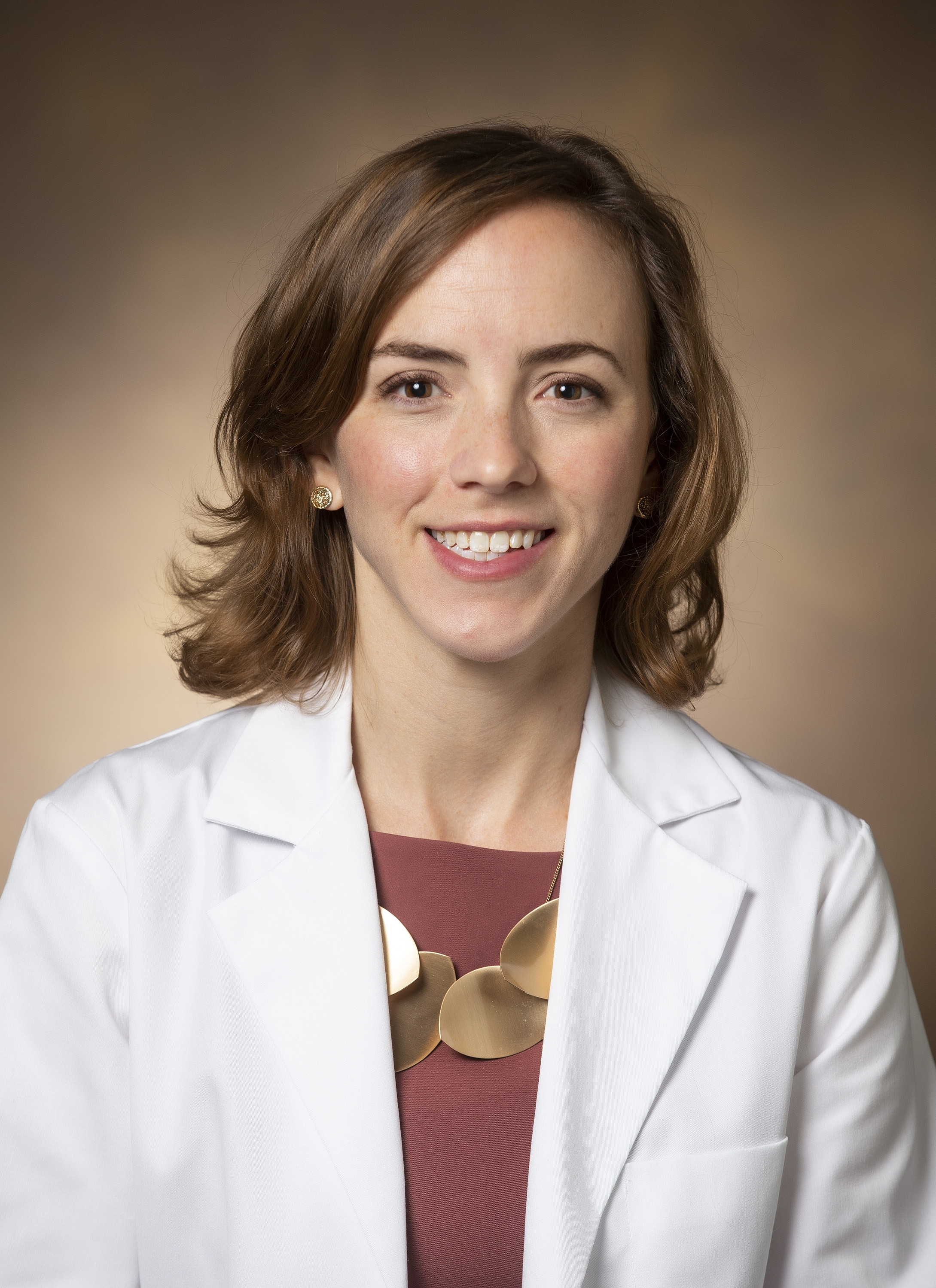 | Katherine Cahill, MD Dr. Cahill is an international expert on aspirin-exacerbated respiratory disease (AERD) and has active research programs in asthma pathophysiology and mechanisms of nasal polyposis. Her lab utilizes translational approaches to identify how cells and mediators of the innate immune system contribute to novel mechanisms driving sub-phenotypes of adult asthma and chronic rhinosinusitis with nasal polyposis. | |
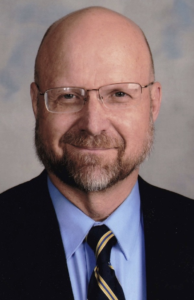 | Stephen Camarata, PhD Dr. Camarata’s research interests are focused on the identification and treatment of speech, language disorders and hearing loss. Among other projects, he is currently working with Dr. Dawant and Dr. Gifford on image-guided cochlear implant programming. | |
 | Benoit Dawant, PhD Dr. Dawant is the Director of the Vanderbilt Institute for Surgery and Engineering (VISE). His research focus is on medical image processing and analysis, image registration, image segmentation, and image-guided surgery. Dr. Dawant collaborates with several otolaryngology clinical faculty in the area of computer-assisted, image-guided programming of cochlear implants. | |
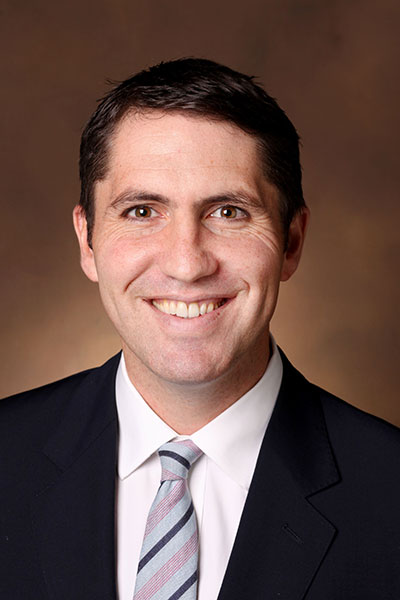 | Alexander Gelbard, MD Dr. Gelbard is a laryngologist and co-directs the Vanderbilt Complex Airway Reconstruction Program. His lab studies obstructive fibrotic diseases in the larynx and trachea (collectively termed laryngotracheal stenosis, i.e., LTS), using a unique combination of genetic, molecular, and epidemiologic approaches to investigate the critical factors underlying the pathogenesis and treatment of LTS. He founded the North American Airway Collaborative in 2014 to provide information about the management of adult airway disorders and encourage multi-institutional research initiatives. | |
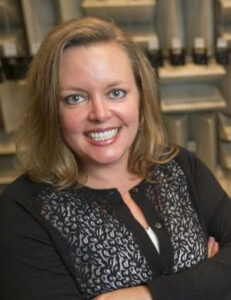 | Rene Gifford, PhD Dr. Gifford is currently the Director of the Cochlear Implant Research Laboratory, Director of the Cochlear Implant Program in the Division of Audiology, and Director of Research for the National Center for Childhood Deafness and Family Communication (NCCDFC) at the Vanderbilt Bill Wilkerson Center. Her current research interests include combined electric and acoustic stimulation (EAS) with cochlear implantation, hearing preservation with cochlear implantation, preoperative prediction of postoperative outcomes with implants, speech perception for adults and children with cochlear implants, and spatial hearing abilities of individuals with unilateral and bilateral cochlear implants. | |
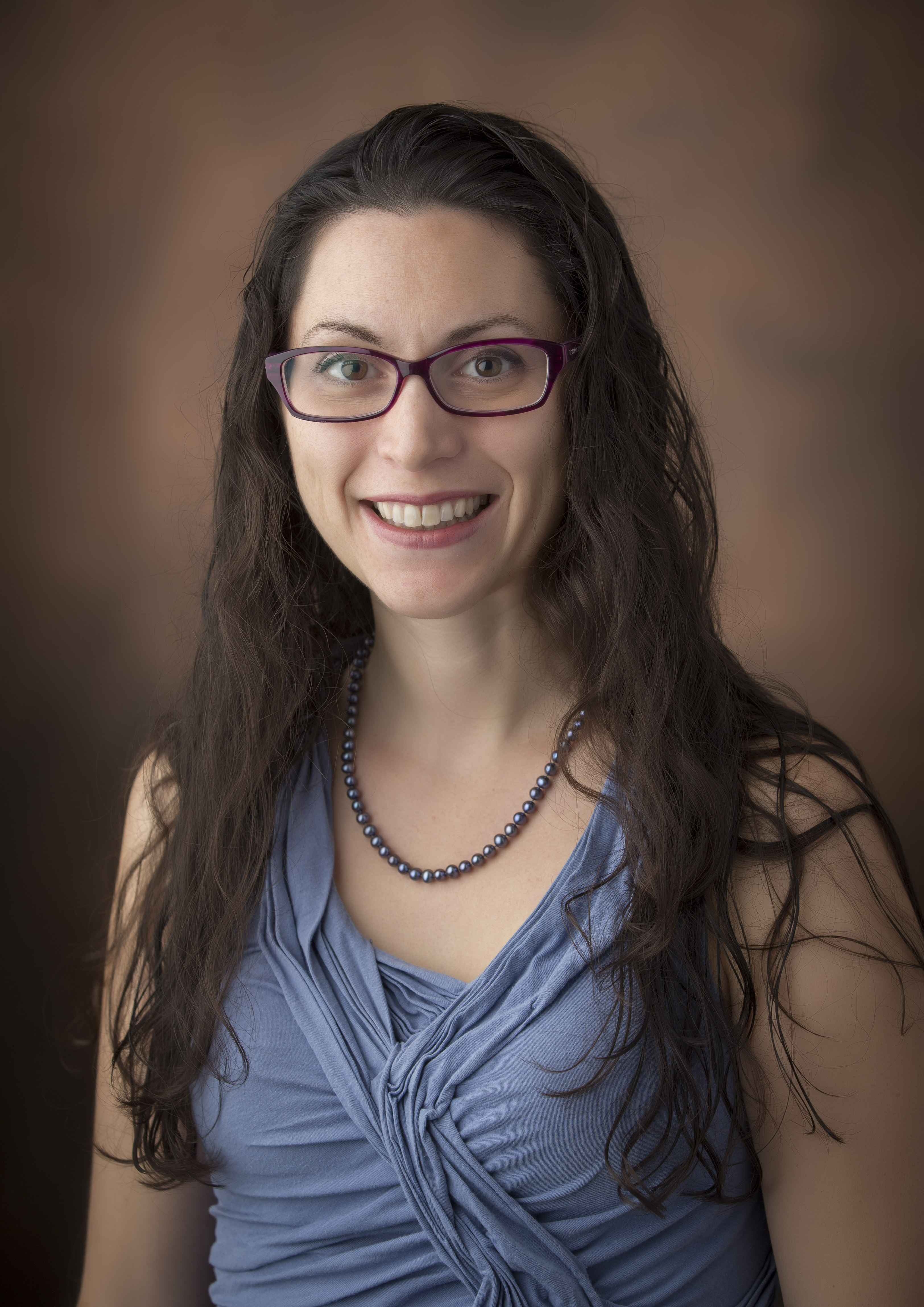 | Reyna Gordon, PhD Dr. Gordon co-directs the Music Cognition Lab with Dr. Lense, and her primary research interest is the biologic basis of music and language. Current research projects address the neural and genetic architecture of individual differences in musicality and how musicality traits like rhythm relate to language, communication, and health. | |
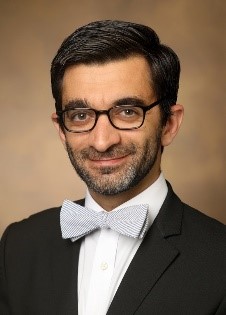 | Taha Jan, MD Dr. Jan’s research focuses on regenerative biology of the inner ear with the ultimate goal of translating discoveries in the laboratory to therapies in the clinic and operating room. His lab studies development and regeneration in the mammalian inner ear and performs translational research using disease models of hearing loss. This work aims to transform our understanding of hearing loss and identify mechanisms that can be targeted for diagnosis and treatment of patients suffering from hearing and balance impairment. | |
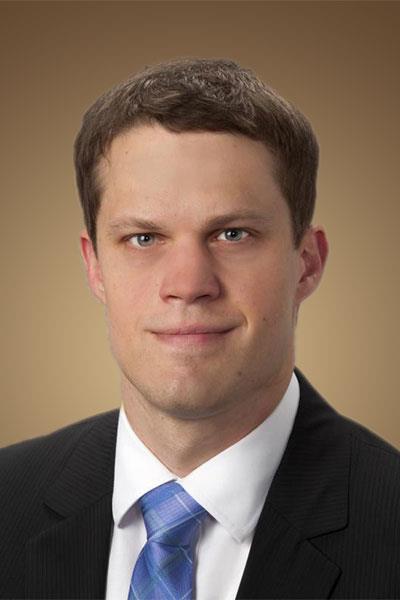 | David Kent, MD Dr. Kent’s clinical and research interests are focused on the diagnosis and treatment of obstructive sleep apnea (OSA). He participates in multiple clinical trials and recently developed novel technology for OSA therapy (ansa cervicalis stimulation). | |
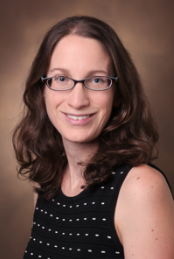 | Miriam Lense, PhD Dr. Lense co-directs the Music Cognition Lab with Dr. Gordon, and her research focuses on the use of auditory neuroscience/music cognition as a window into affective, social, and cognitive processes. Current work focuses on individual differences in the rhythm and timing of social engagement in children with or at-risk for developmental disorders like autism spectrum disorder (ASD) and clinical applications for children and families. | |
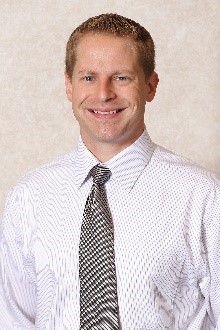 | Aaron Moberly, MD Dr. Moberly is co-director of the Vanderbilt Cochlear Implant Cognition and Communication Lab, which studies outcomes after adult cochlear implantation. This includes projects focused on predicting cochlear implant outcomes prior to surgery, along with exploring the auditory and social experiences of adults receiving cochlear implants. Additional projects in the lab aim to broaden our assessments of outcomes to capture aspects of patients' real-world communication functioning. Dr. Moberly's second line of research is an NIH-funded collaboration with Dr. Metin Gurcan, Director of the Center for Biomedical Informatics and the Clinical Image Analysis Lab at Wake Forest University, which aims to develop machine-learning algorithms to improve otoscopic diagnosis of ear disease. | |
Jeffrey Rathmell, PhD Dr. Rathmell serves as Director of the Vanderbilt Center for Immunobiology. His lab studies mechanisms by which metabolic pathways influence the function and fate of lymphocytes in inflammatory diseases, anti-tumor immunity, and in leukemia. | ||
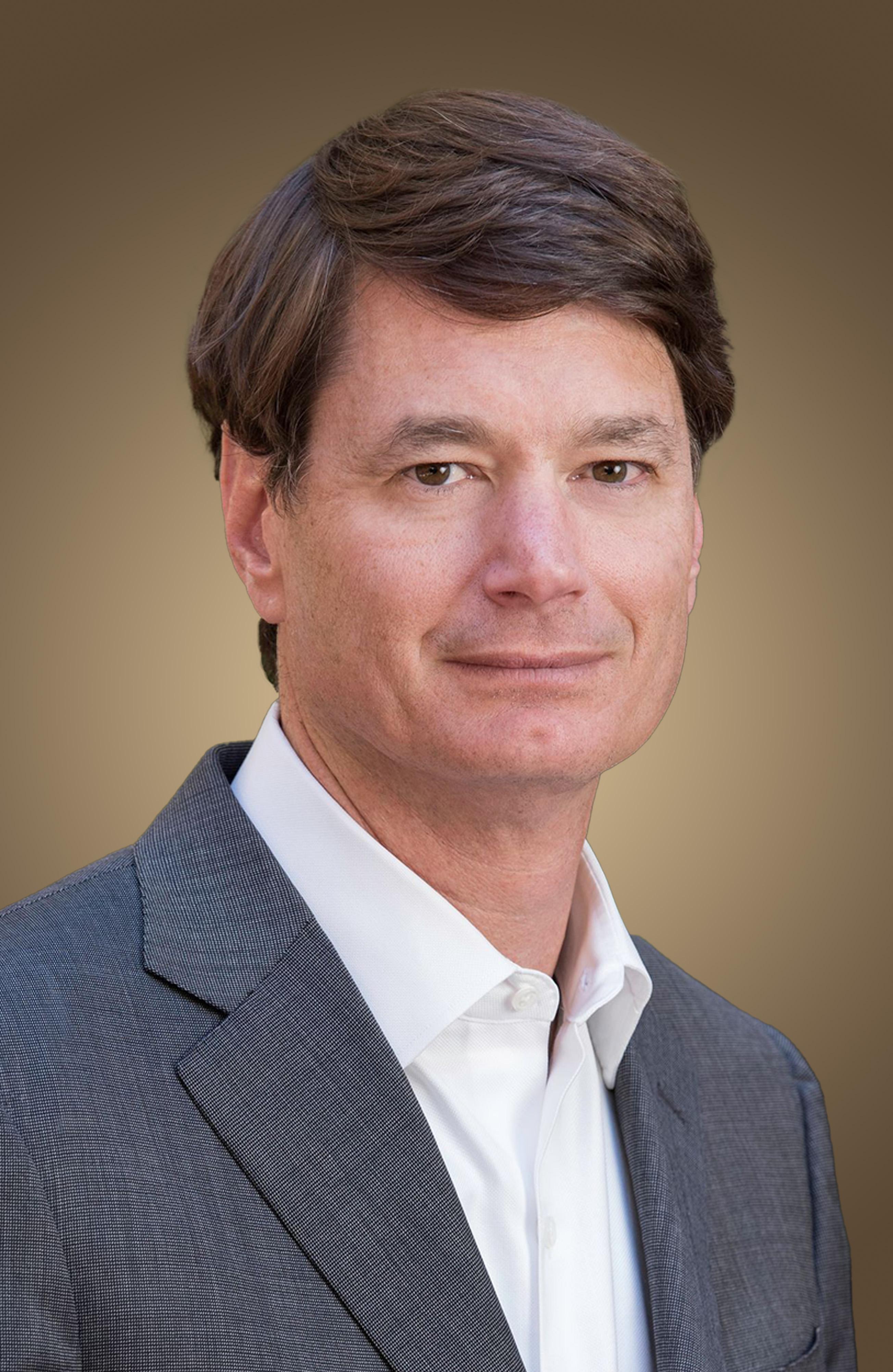 | Eben Rosenthal, MD Dr. Rosenthal specializes in the treatment and reconstruction of head and neck cancer. His laboratory investigates the use of optical imaging techniques to better detect cancer during surgical procedures. | |
 | Nabil Simaan, PhD Dr. Simaan’s research is focused on the design and development of robotic systems for surgical assistance. Through VISE he has collaborated with multiple otolaryngology clinical and research faculty to develop steerable robots for surgery of the sinuses, skull base, and middle ear. | |
 | Robert Webster, PhD Dr. Webster’s research interests are in surgical robotics, and more generally in applying scientific and engineering tools to enhance all aspects of medicine. He has developed specific systems for surgery through the nostrils, throat, and urethra. He has ongoing collaborative research efforts with otolaryngology clinical and research faculty. | |
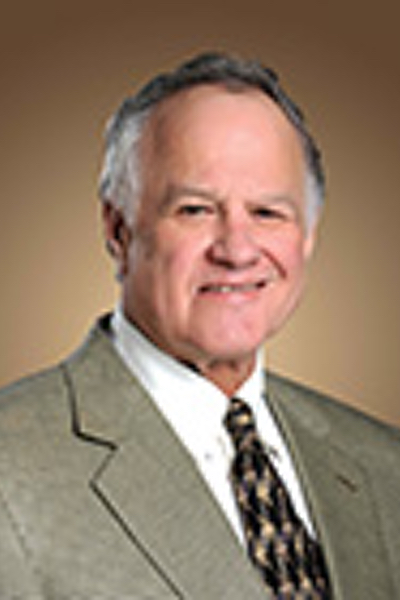 | David Zealear, PhD Dr. Zealear’s research is focused on understanding and exploiting basic neurophysiological mechanisms underlying neural control of laryngeal muscles and the neuromodulation of their reinnervation following nerve injury. Dr. Zealear is the PI of a clinical trial to reanimate the larynx with functional electrical stimulation in patients with long-term synkinetic bilateral vocal fold paralysis. |